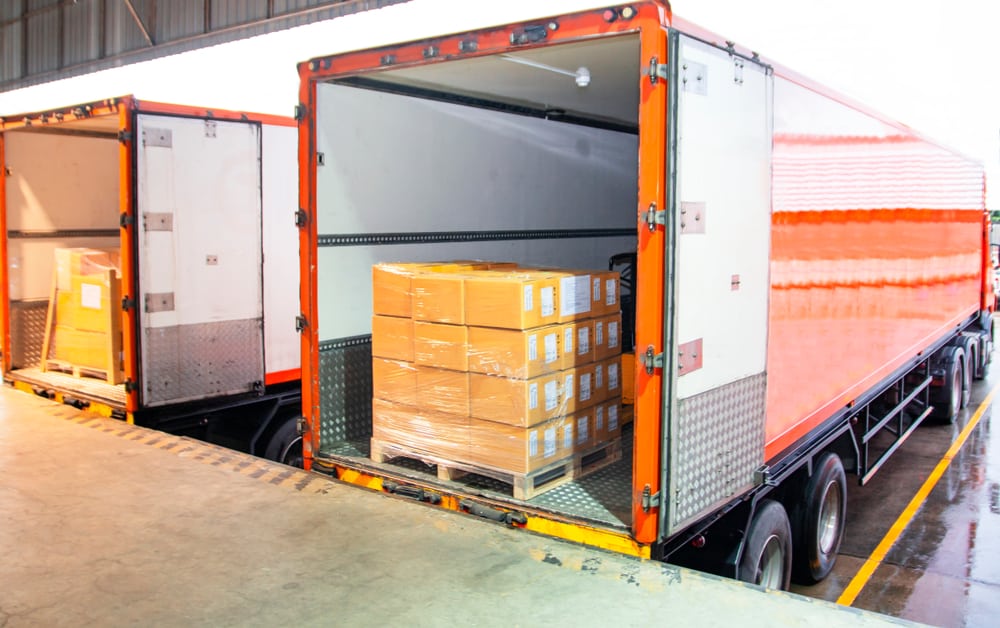What are Third-Party Logistics Companies?
Basically, third-party logistics (3PL) companies are outsourced service providers that cover all or a part of a company’s logistics activities in logistics and supply chain management.
These service providers typically specialize in multi operations such as warehousing and transportation services that can be scaled and customized per customers’ needs.
Third-party logistics companies help move goods, but their focus is not only moving them. They also add several extra services such as storing shipments between the transportation points, processing shipments and taking items from transportation vehicles and packaging them with an invoice per client drop-off, and providing visibility into distribution channels.
What are Freight Forwarding Companies (Freight Forwarders/NVOCCs)?
A freight forwarder, forwarder, or forwarding agent, also known as a non-vessel operating common carrier (NVOCC), is a person or company that arranges transportation for individuals or corporations to get cargo from the manufacturer or producer to a market, customer or final point of distribution channels.
Forwarders contract with a shipping line, or often multiple shipping lines, to move goods. A forwarder does not move goods but acts as an expert in the supply chain link. Carriers can use a variety of shipment types, including vessels, airplanes, trucks, and railroads, and often use intermodal methods for a single shipment. For example, the freight forwarder may arrange to have cargo moved from a plant to a port by truck, to sail to the destination city and then moved from the discharge port to a customer’s door by another truck.
Freight forwarders typically focus and specialize in the more specific logistics functions in supply chain activities instead of trying to optimize the entire supply chain operation. So, the fundamental difference is that freight forwarders have a narrower focus on the transportation side of the supply chain whereas third-party logistics companies have a more broad focus (although this is changing with the constantly-evolving logistics industry.)
Which one should you choose when outsourcing logistics? It’s really up to you.
Even though it might be a tough decision to make, whether to work with a third-party logistics company or a freight forwarding company, customers should know their needs, their expectations from these companies in regard to service, and performance. After reviewing the current picture, performing a cost analysis, and evaluating flexibility and service quality, one should consider all of these benefits to help shippers to make the best choice.
An important note – no matter which you choose:
Before surrendering your cargo, make sure that all documents for transporting your goods are completed in a timely manner.




